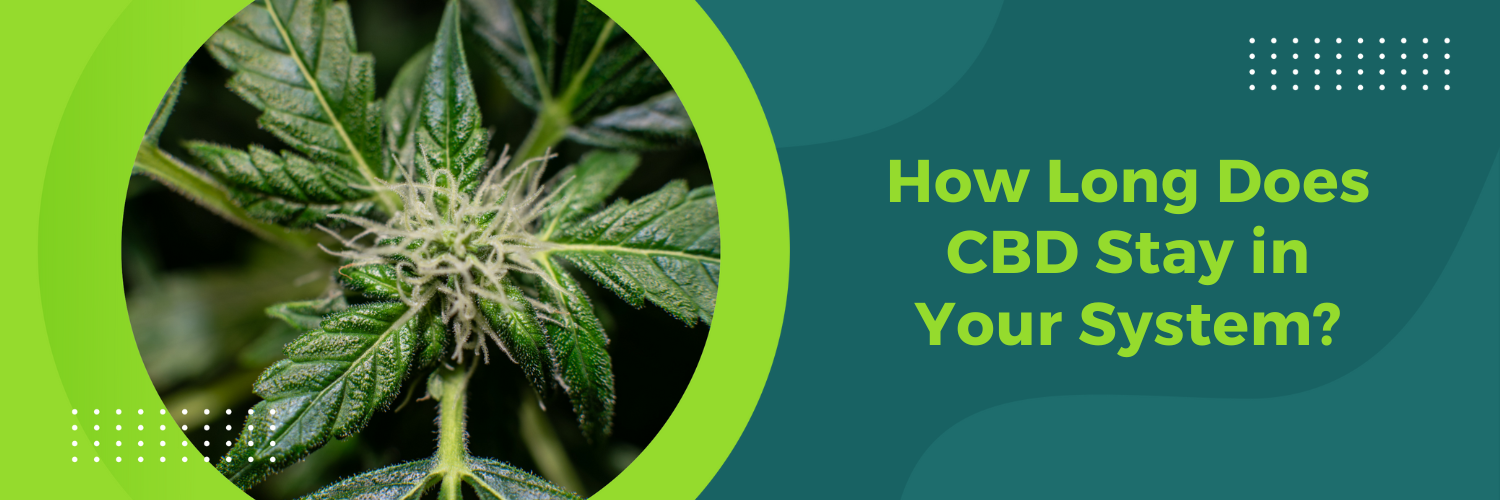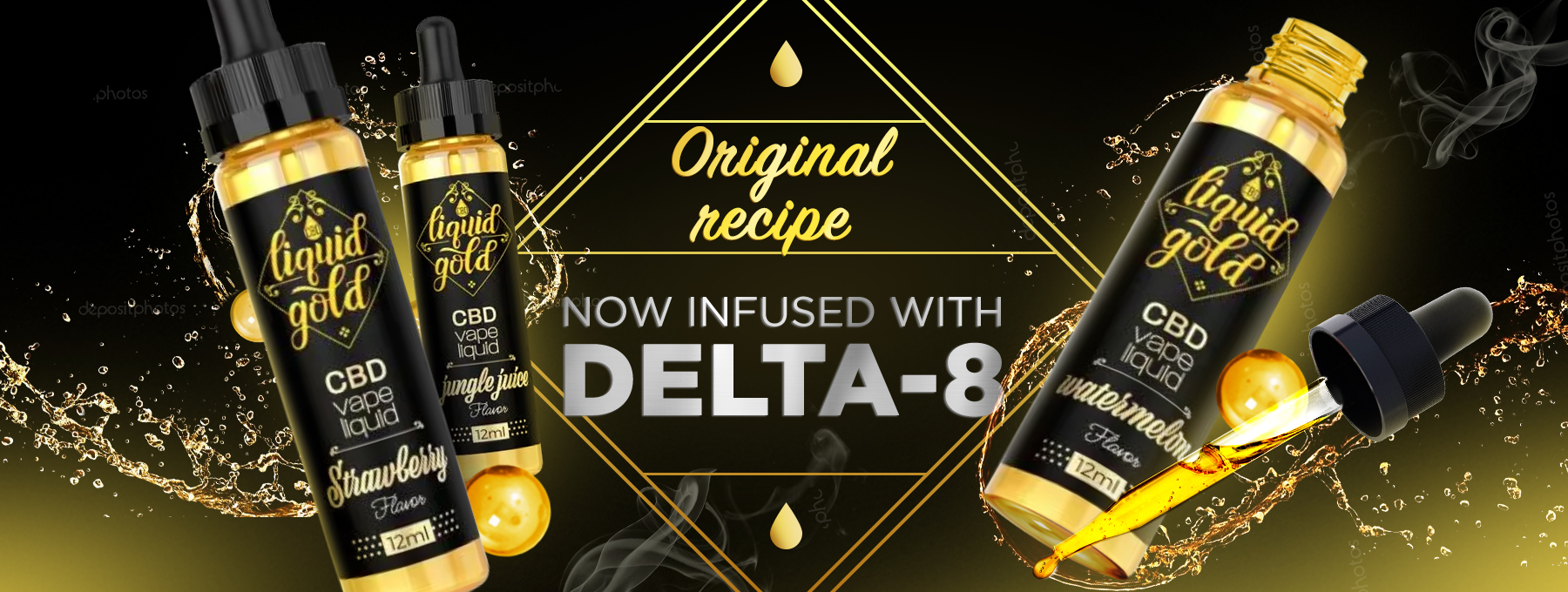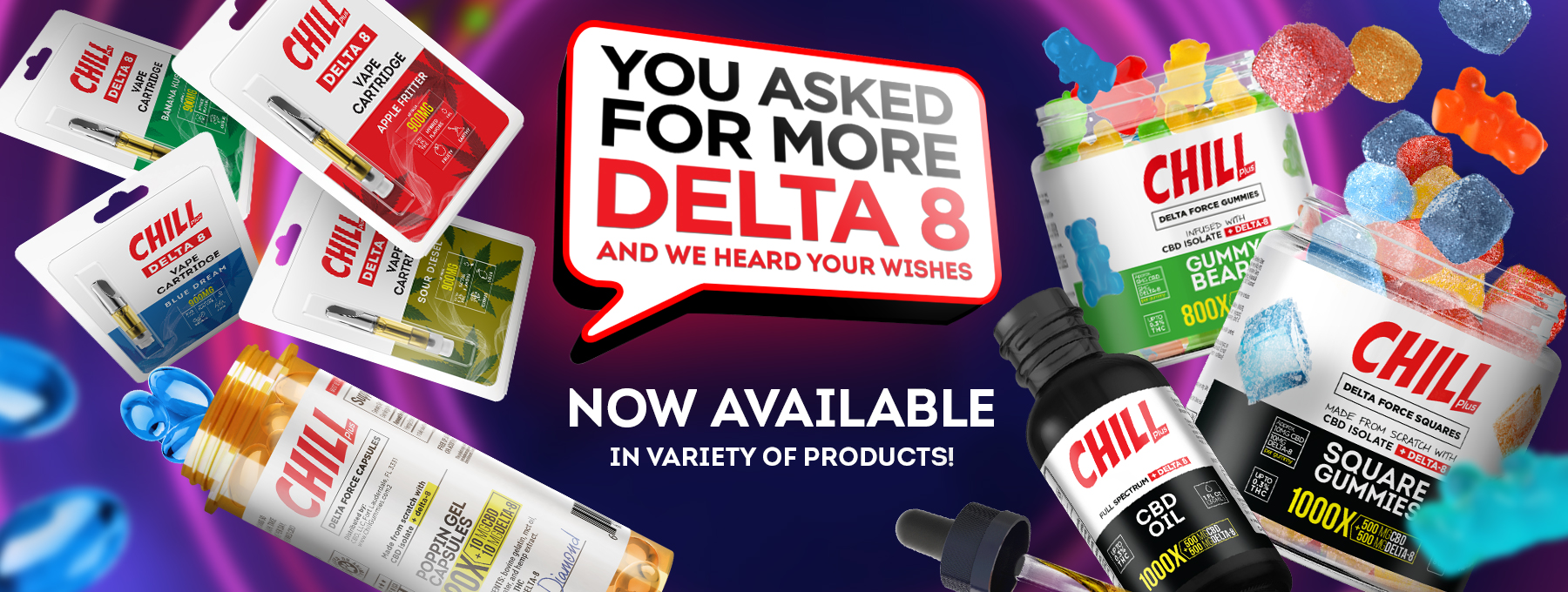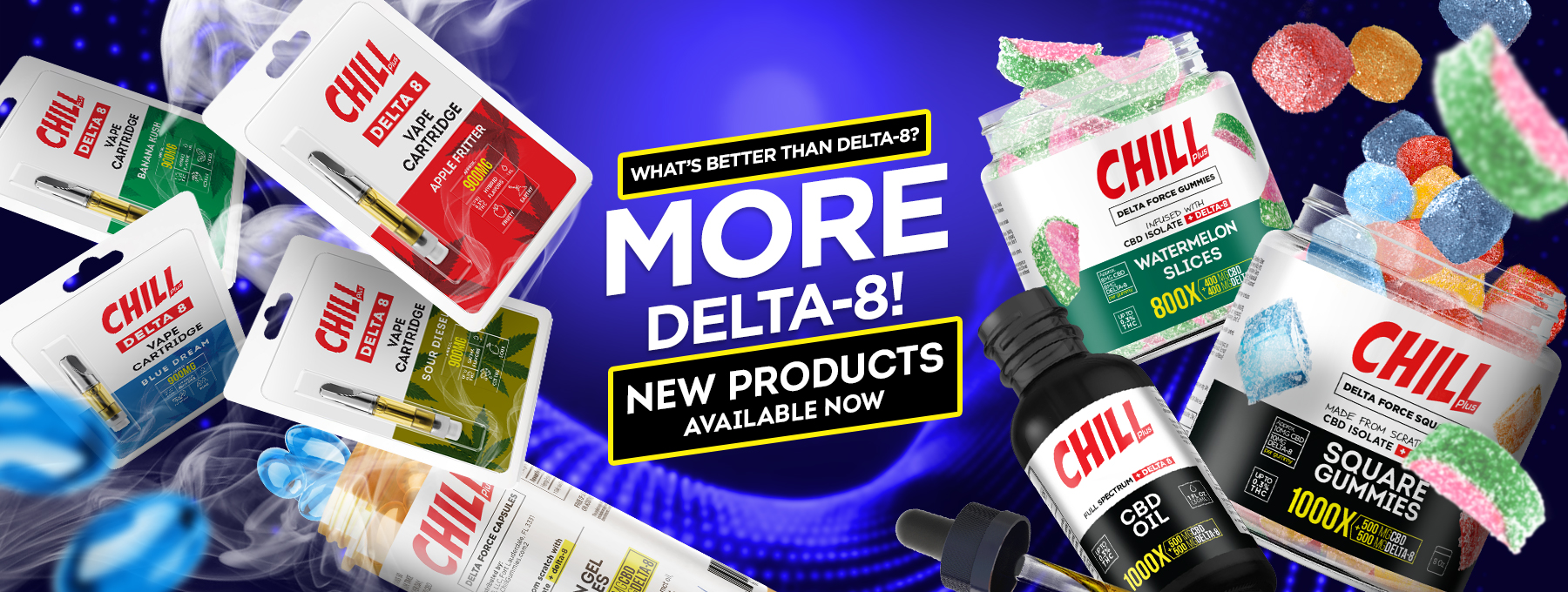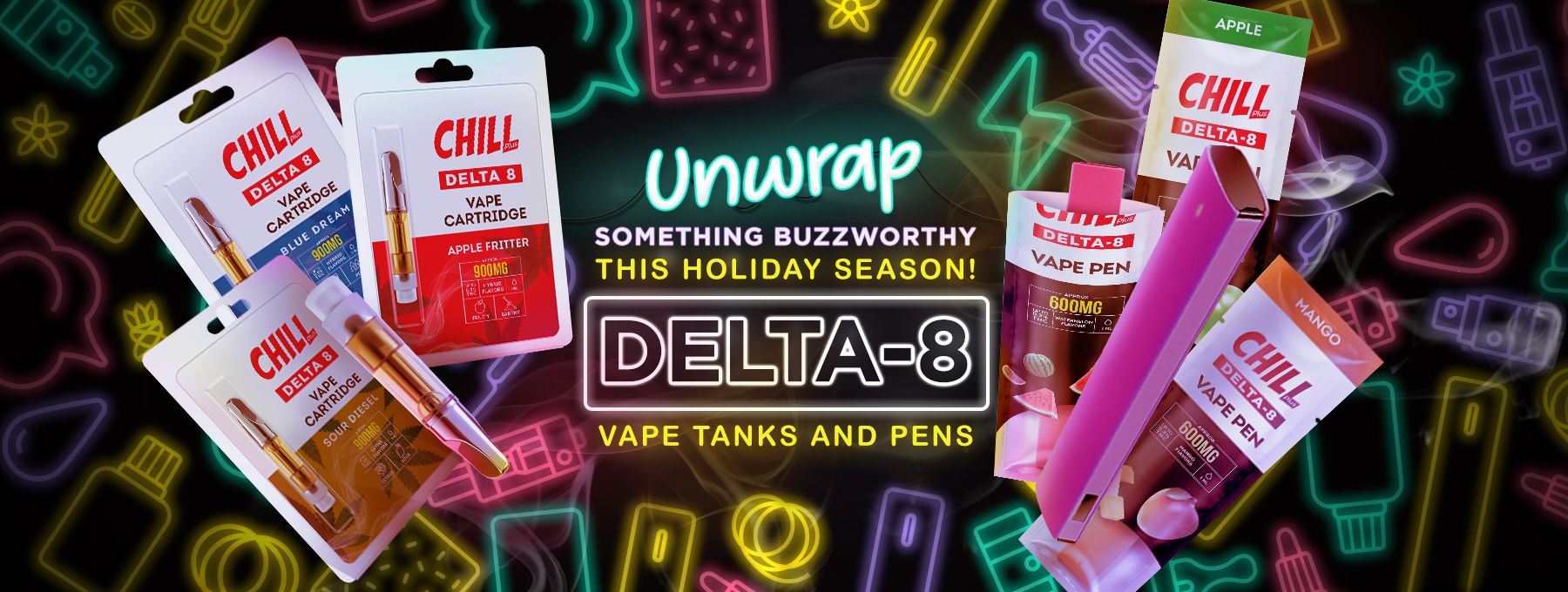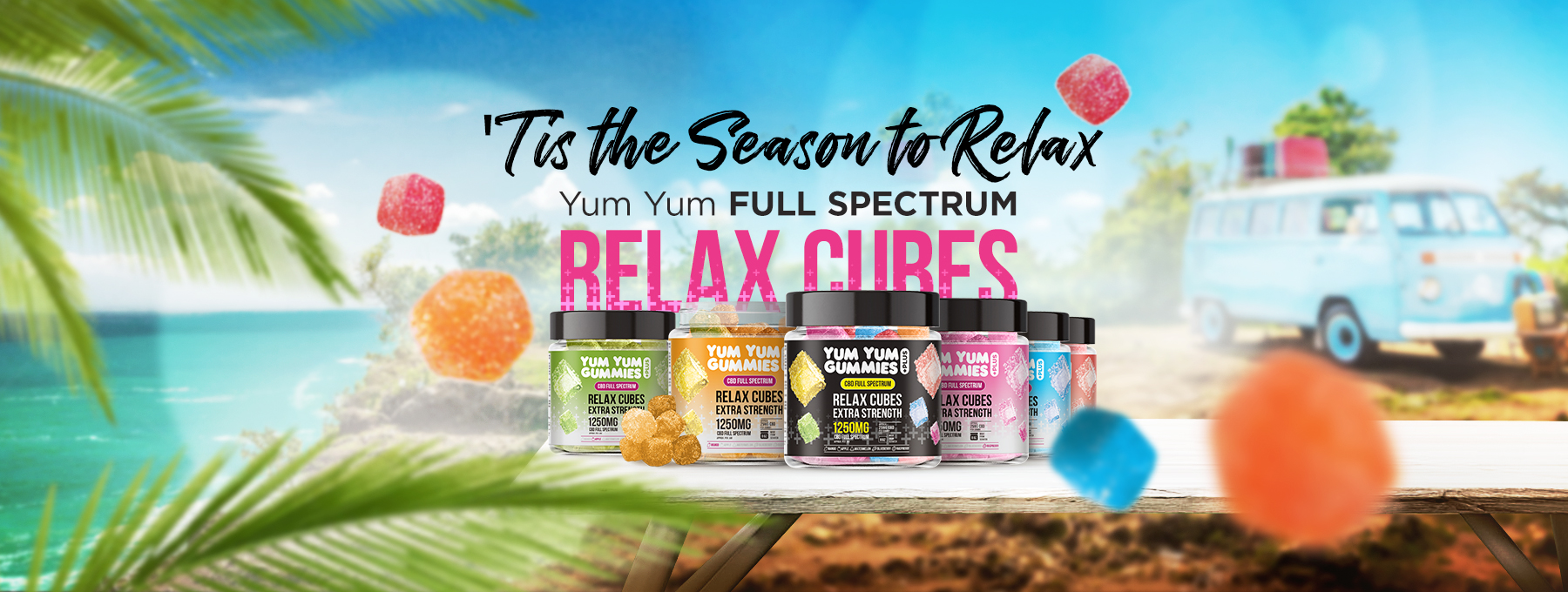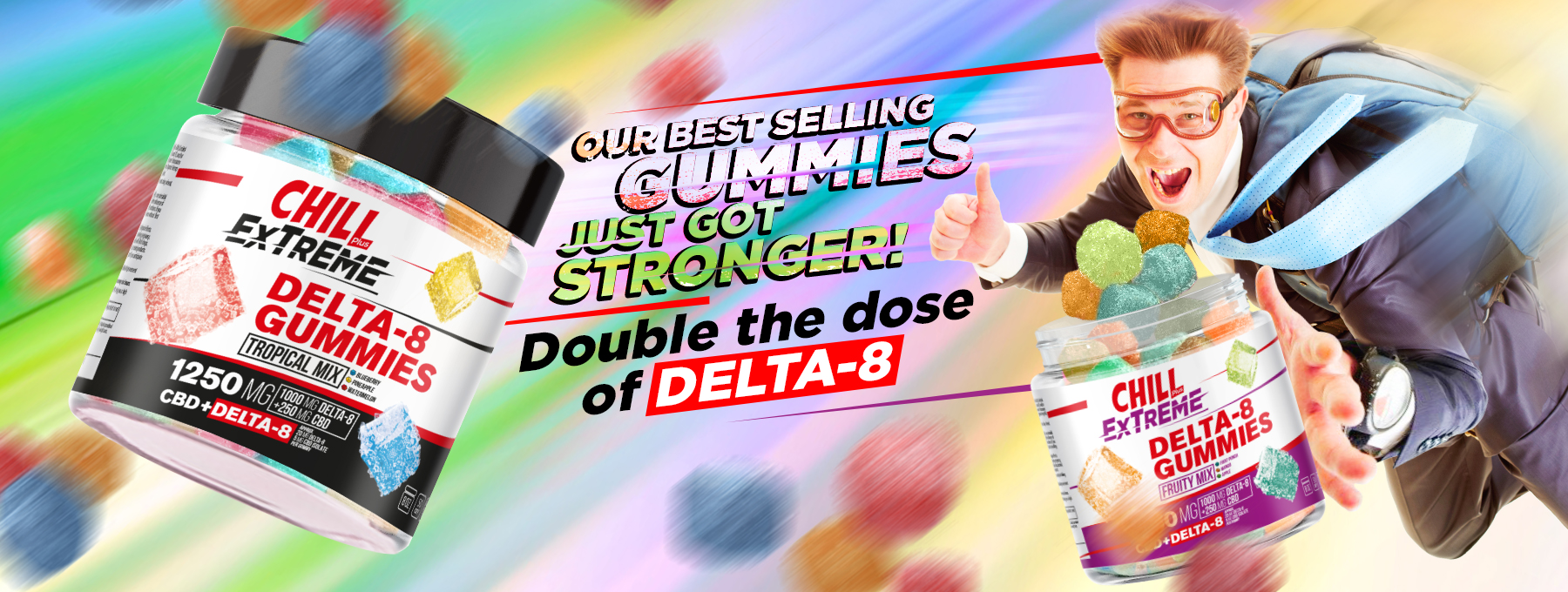A Brief Overview of Cannabidiol (CBD)
CBD is one of the many cannabinoids present in the cannabis plant. Unlike its cousin THC (tetrahydrocannabinol), CBD doesn’t produce a “high” or psychoactive effect. Instead, it interacts with the body’s endocannabinoid system, potentially providing numerous health benefits. CBD is primarily extracted from the hemp variety of cannabis, which contains minimal THC, ensuring products derived from it don’t possess intoxicating properties.
CBD vs. THC: The Major Differences
While both CBD and THC originate from the cannabis plant, their effects on the human body are distinct. THC is the primary psychoactive compound in marijuana, responsible for the characteristic “high.” On the other hand, CBD is non-psychoactive, meaning it doesn’t alter one’s state of mind. Both compounds have been studied for their potential medical benefits, with CBD being researched for conditions like epilepsy, anxiety, and chronic pain. Legally, CBD products derived from hemp (containing less than 0.3% THC) are permitted in many places, whereas THC-rich products remain heavily regulated.
Kinds of CBD Products
CBD (cannabidiol) is a compound derived from the cannabis plant that has gained popularity for its potential therapeutic benefits. There are various types of CBD products available on the market to cater to different preferences and needs. Here are some common kinds of CBD products, including CBD oil:
CBD Oil/Tinctures
CBD oils are one of the most popular CBD products. It’s typically a concentrated liquid extract of CBD that can be taken sublingually (under the tongue) for fast absorption. Tinctures often come in various concentrations, allowing users to choose the strength that suits their needs.
CBD Capsules and Softgels
These are pre-measured doses of CBD in a convenient pill form. They provide a consistent dose and are easy to incorporate into your daily routine.
CBD Edibles
CBD-infused edibles include gummies, chocolates, candies, and beverages. They offer a tasty and discreet way to consume CBD, but the effects may take longer to kick in compared to tinctures due to digestion.
CBD Topicals
CBD-infused creams, balms, lotions, and salves are designed to be applied directly to the skin. They are often used for localized relief, such as for muscle or joint pain.
CBD Vapes
CBD vape products, including vape pens and e-liquids, allow for inhalation of CBD vapor. This method provides quick absorption but may not be suitable for everyone, especially those with respiratory issues.
CBD Isolate
CBD isolate is a pure crystalline form of CBD, typically available as a powder. It contains no other cannabinoids or compounds from the cannabis plant. It’s often used by those who want to avoid even trace amounts of THC.
Full-Spectrum CBD
Full-spectrum CBD products contain a range of cannabinoids, terpenes, and other beneficial compounds found in the cannabis plant, including a small amount of THC (usually below the legal limit of 0.3% in the United States). This is thought to enhance the “entourage effect,” where these compounds work together for potentially enhanced therapeutic benefits.
Broad-Spectrum CBD
Similar to full-spectrum but with THC removed completely, broad-spectrum CBD products offer the potential benefits of various cannabinoids and terpenes without any THC.
CBD Isolate
CBD isolate is a pure form of CBD that contains no other cannabinoids or compounds. It’s often used by individuals who want to avoid THC entirely.
CBD Patches
These are adhesive patches infused with CBD that slowly release the compound into the bloodstream over time. They provide a consistent and long-lasting dose.
CBD Suppositories
These are designed for rectal or vaginal use and offer rapid absorption. They are not as commonly used as other forms of CBD.
When choosing a CBD product, it’s essential to consider your specific needs, preferred method of consumption, and the concentration or dosage that suits you best. Additionally, it’s crucial to purchase products from reputable sources to ensure quality and safety. Always consult with a healthcare professional before starting any new CBD regimen, especially if you have underlying health conditions or are taking medications.
Factors Influencing How Long CBD Stays in Your System
Dosage Amount
The quantity of CBD consumed directly affects how long it can be detected in the body. Higher doses might take longer to be metabolized and excreted compared to smaller amounts.
Frequency of Use
Those who use CBD occasionally might find it exits their system faster than in regular users. With frequent use, CBD can accumulate in the body, taking longer to be eliminated.
Method of Consumption
How one consumes CBD can influence its duration in the system. Edibles take longer to digest, leading to a more extended release, while vaping provides immediate effects but exits the system faster. Tinctures and topicals lie somewhere in between.
Individual Metabolism and Body Composition
Every person’s body is unique. Factors like age, weight, and metabolism speed can affect how one processes CBD. Additionally, since CBD is fat-soluble, it might be stored in fat cells, making its excretion slower in individuals with higher body fat percentages.
How is CBD Metabolized in the Body?
The Role of the Liver
Once ingested, CBD enters the liver where various enzymes break it down. These enzymes play a critical role in determining how swiftly CBD is metabolized and eventually eliminated from the body.
Elimination Through Urine and Feces
After metabolism, CBD and its metabolites are excreted from the body primarily through urine. A lesser amount is also removed via feces.
Detection of CBD in Drug Tests
Standard Drug Tests vs. CBD-Specific Tests
Most standard drug tests screen for THC, not CBD. However, consuming very high doses of CBD could lead to the ingestion of trace amounts of THC, potentially causing a positive test result.
Duration of CBD Traceability in Different Tests
CBD’s traceability varies among tests. Blood tests might detect it for up to several days post-consumption, while urine tests could recognize it for even longer, depending on usage patterns. Hair follicle tests have a much-extended window of detection, while saliva tests have a shorter one.
Potential Side Effects and Interactions of CBD
Common Side Effects

While CBD is generally well-tolerated, some users might experience side effects like dizziness, dry mouth, changes in appetite, or diarrhea.
CBD and Other Medications
CBD can interact with certain medications, including those that come with a “grapefruit warning.” It’s crucial to consult with a healthcare provider before mixing CBD with other drugs.
Conclusion

CBD’s journey in our system is influenced by several factors, emphasizing the variability in its retention. As its usage continues to grow, understanding these dynamics becomes pivotal. It’s always advisable to consult healthcare professionals for tailored advice on CBD consumption and its implications.
Understanding how long CBD remains in your system is crucial for those considering its therapeutic benefits or facing drug tests. While its lasting presence varies based on several factors like dosage, frequency, and individual metabolism, being informed helps in making educated decisions about its usage. If you’re curious about high-quality CBD products that promote well-being and balance, explore Leaf Alleviate’s extensive range.
Their commitment to purity and transparency ensures you get the best of CBD. Don’t leave your wellness to chance; check out Leaf Alleviate today and discover the potential benefits of CBD for yourself.
FAQs
Is CBD psychoactive like THC?
No, CBD is non-psychoactive, meaning it doesn’t produce a “high.”
Can I fail a drug test if I use CBD products?
Most drug tests screen for THC, not CBD. However, consuming vast amounts of CBD might lead to trace THC ingestion.
How can I ensure CBD has completely left my system?
Time is the primary factor, but regular hydration and a balanced diet might aid metabolism.
Does the quality of CBD products affect how long it stays in the system?
Yes, pure CBD products, free from contaminants, might be metabolized differently than low-quality ones.
Are there any foods or drinks that can speed up the elimination of CBD from the body?
Drinking water and consuming foods that promote metabolism, like green tea, can potentially aid in the faster elimination of CBD.

